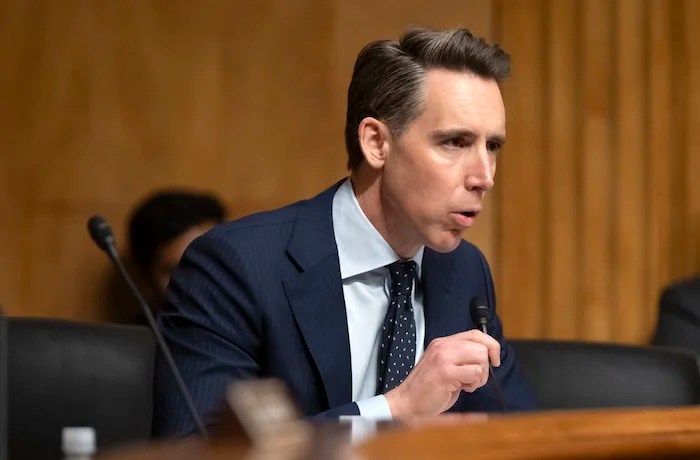Sen. Hawley Advocates for $5,000 Child Tax Credit in GOP Tax Bill

Missouri Senator seeks to double House proposal as tax legislation advances
Senator Josh Hawley (R-MO) has announced his intention to advocate for an increased child tax credit of $5,000 in the Senate version of the Republican tax legislation. This proposal would double the $2,500 amount included in the House-passed version of the One Big Beautiful Bill Act. Hawley characterized the child tax credit as effectively a tax cut for working-class families, though he acknowledged uncertainty about whether sufficient support exists in the Senate for his proposed increase.
The current child tax credit stands at $2,000, a level established by the 2017 Tax Cuts and Jobs Act. The House-passed bill would increase this amount to $2,500 through 2028, which analysts note essentially represents an inflation adjustment to maintain the credit's purchasing power. Some Republican lawmakers have proposed additional family-focused tax provisions, including Representative Blake Moore's (R-UT) legislation that would create a $2,800 tax credit for pregnant mothers.
KEY POINTS
- •Hawley seeks $5,000 child tax credit
- •House bill proposes $2,500 credit
- •Bill includes new savings accounts
The House version of the tax legislation includes new savings accounts referred to as "Trump" or "MAGA" accounts. These would be funded through the Treasury Department with a $1,000 credit for U.S. citizens born between 2025 and 2028. The accounts would have restrictions on withdrawals until account holders reach specific ages, with limitations on how funds can be used at different age thresholds. Parents and families would be permitted to contribute up to $5,000 annually to these accounts.
Hawley has expressed reservations about these new savings accounts, questioning their structure and accessibility. He indicated a preference for immediate tax relief rather than restricted savings vehicles, stating that the proposal seemed "a little strange" to him. The tax legislation faces additional challenges in the Senate, where concerns about potential impacts on the federal deficit may affect its passage prospects.